The General Motors (GM) small block V8 engine has a rich history of powering iconic vehicles. From its early days in Generation 1 (Gen I) to the latest advancements in Generation 5 (Gen V), each generation brought notable changes in technology, fuel delivery systems, and Engine Control Unit (ECU) tuning. In this quick guide, we will explore the engines, cars, and differences in ECU tuning across the current 5 generations of GM small-block V8 engines noting as Gen I and Gen II engines are really just fillers in this conversation when it comes to EFI tuning factor GM ECUs.
In this article: Gen I | Gen II | Gen III | Gen IV | Gen V | Reflash Tuning Software | Conclusion
Before we dive into things it is worth noting that GM small block engines (including 262, 265, 267, 283, 302, 305, 307, 327, 350, and 400 cubic inch variants) do not follow the same generational pattern as big block engines (including 348, 366, 396, 402, 409, 427, 454, 502, and 572 cubic inch variants). The distinction traditionally came down to the casting used, big or small, not the capacity which as you can see has some crossover. There are also no set name conventions between big blocks and small block engines. It is a little bit of a 'wild west' as we will soon see with the illogical, non-chronological application of designations like 'LT' throughout their history. But we digress, let's get into business.
Generation 1 (Gen I) | SBC Creation
The Gen I small-block V8 engines, introduced in 1955 via a 4.3L (265 cu) V8, were not equipped with Electronic Fuel Injection (EFI). Consequently, ECU tuning, as we know it today, did not apply to these engines. Tuning involved adjusting carburettor jets, ignition timing, and mechanical components to optimize performance. The iconic '350 Chev' used in many hotrod applications over the decades first appeared in this era and first-generation models such as the L05, L31, and L98 even saw some use into the 1990s. Other engines from this generation era include the Z28, L30, LG4, L48, LT-1 (note, the LT code is confusingly recycled by GM) ZQ3 and many more with production runs from a single year to decades. Noteworthy vehicles powered by Gen I engines include the Chevrolet Corvette, Camaro, Bel Air and Chevelle.
Generation 2 (Gen II) | Early EFI Adoption
Some Gen II engines like the venerable '350 Chev's' next and arguably best iteration and the L98 (not the later L98 found in Holden Commodores etc), introduced basic OBD1 EFI systems. These EFI systems utilized early ECUs that allowed limited tuning adjustments primarily through chip upgrades or 'bench tuning'. Some early Gen II engines used speed density (SD) fuel management via batch-fire fuel injection. Later, a mass airflow sensor and sequential port injection was introduced. Some later model Gen 2 engines can be tuned via the OBD1 port depending on the specific ECU.
Some Gen II generation engines include the LT5, L99 and 'LT1 350' (LT naming confusion starts here. Thanks GM). Many engines had design crossovers allowing for some part interchangeability. Popular vehicles equipped with Gen II engines include the Chevrolet Impala, Nova, and Pontiac Firebird.
Generation 3 (Gen III) | "Clean Sheet" LS1 - LS6 Introduction
The Gen III small block V8 engines were a "clean sheet" design introduced in 1997 & marked a significant leap forward in EFI technology. Engines like the LS1 and LS6 featured more advanced ECUs, including the GM PCM (Powertrain Control Module). These ECUs provided better control over fuel delivery, ignition timing, and other engine parameters. Tuning for Gen III engines involves flashing or reprogramming the ECU with custom calibration files which, using software specific to your ECU/vehicle, you can learn how to do via the Practical Reflash Tuning course. Factory Gen III ECUs can be tuned on the road/track or dyno. Notable vehicles powered by Gen III engines include the Chevrolet Corvette C5, Chevrolet Camaro Z28, and Pontiac GTO.
Generation 4 (Gen IV) | LS2, LS3, LS7 etc
With the advent of Gen IV engines, including the LS2, LS3, and LS7, further advancements in EFI technology and ECU capabilities were introduced. These engines featured more sophisticated ECUs, such as the GM E38 or E67, offering increased processing power and improved tuning capabilities. Tuning for Gen IV engines involves the use of tuning software specific to your ECU to make adjustments to fuel, spark, and other parameters which are all covered in the Practical Reflash Tuning course. Factory Gen IV ECUs can be tuned on the road/track or dyno. Iconic vehicles powered by Gen 4 engines include the Chevrolet Corvette C6, Chevrolet Camaro SS, and Cadillac CTS-V.
The L98 found in many Holden vehicles, like the Holden Commodore SS and SS-V, falls into this family. For all intents and purposes, it is an LS2 with a better head. You can tell the heads apart by the port shape with L98 and other (comparable) later LS variants like the LS3 and LS7 having a square 'cathedral' shaped port and the LS2 having an older round port design.
Generation 5 (Gen V) | NEW LT Line Introduction
The latest iteration, Gen V small block V8 engines, including the LT1, LT4, and LT5, pushed the boundaries of EFI technology and ECU capabilities. These engines employ advanced ECUs like the GM E92 or E99, integrating direct fuel injection, variable valve timing, and cylinder deactivation features. Gen V ECU tuning differs from the previous Gen III/IV applications as it utilises a torque-based system. This involves understanding and working with torque models and tables to optimize the engine's performance and drivability. Because these factory ECUs are torque based they have to be tuned on a dyno. There is a Gen V specific tuning example in the Practical Reflash Tuning course. Noteworthy vehicles powered by Gen V engines include the Chevrolet Corvette C7, Camaro ZL1, Silverado and Cadillac CTS-V.
Reflash Tuning Software Options | ECU/Vehicle Specific
Popular and widely-used tuning software options for these engines include HP Tuners, SCT, LS Droid and EFI Live. This '5 Popular LS Tuning Software Options' article dives into things a little deeper. SCT is also an option but they are more commercial customer focused rather than end-user custom tuning compatible. These software platforms provide tuners with the necessary tools and features to access and modify certain tables within the ECU.
As mentioned previously, HP Tuners is software we cover in depth in the worked examples section of our Practical Reflash Tuning course. Their MVPI 3 unit also has some excellent onboard data logging features. If you wish to learn how to tune your GM vehicle using another software option like EFI Live or SCT, the same course material will still help. This is because the GM ECU architecture is laid out by GM, and aftermarket software follows that same structure meaning that aside from user interface differences, all the different software options are making the same changes in the same ways.
We do recommend you start learning how to tune before you buy any software or hardware for your vehicle as the more insight you have before doing that, the better and more informed decisions you can make.
HP TUNERS SUPPORTED VEHICLES LIST - General Motors (GM)
Conclusion
The GM small block V8 engines have evolved across generations, incorporating advancements in EFI technology, ECU capabilities, and tuning methodologies. From the classic carburetted Gen I engines to the cutting-edge EFI systems of Gen V, each generation has left its mark on the automotive industry. Whether it's the iconic Chevrolet Corvette, the powerful Chevrolet Camaro, the uncountable 350 Chev and LS swaps or other beloved GM vehicles, the small block V8 engines have played a pivotal role in delivering exceptional performance and driving experiences with huge aftermarket support for parts and tuning. As technology continues to advance, the future holds exciting possibilities for further enhancing the power, efficiency, and tunability of these legendary engines with the highly anticipated Gen 6 (Gen Vi) on the horizon already.
The GM worked examples are available in the Practical Reflash Tuning course, but if you are new to tuning you will want to grab it as part of the EFI tuning Starter Package that also includes the pre-requisite courses.
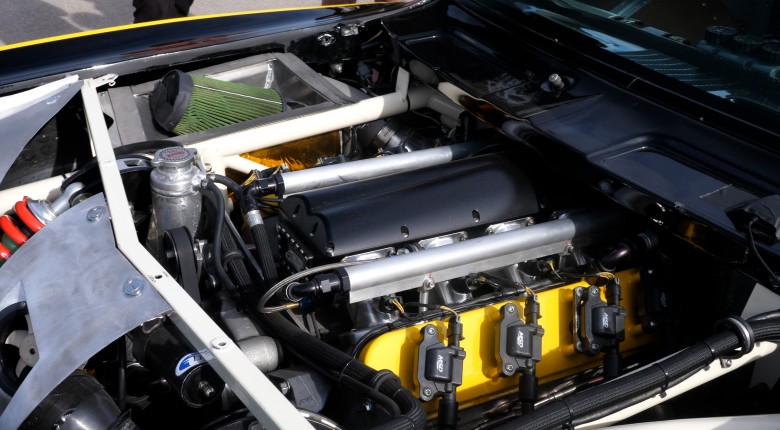
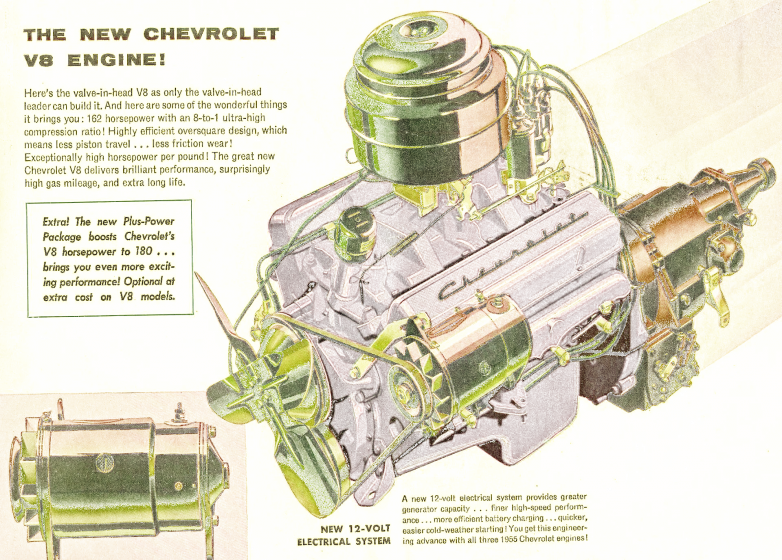
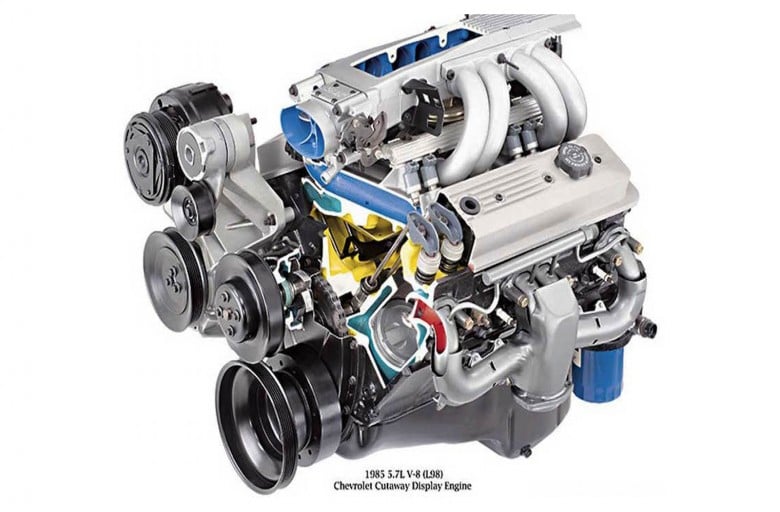
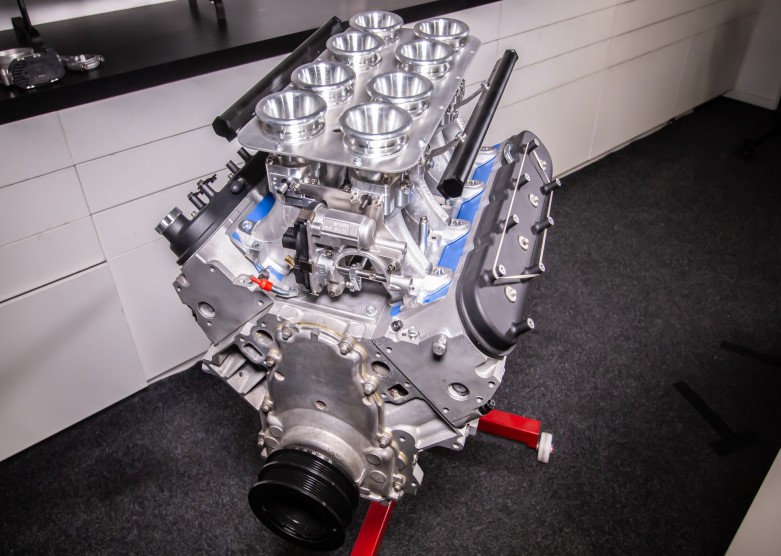
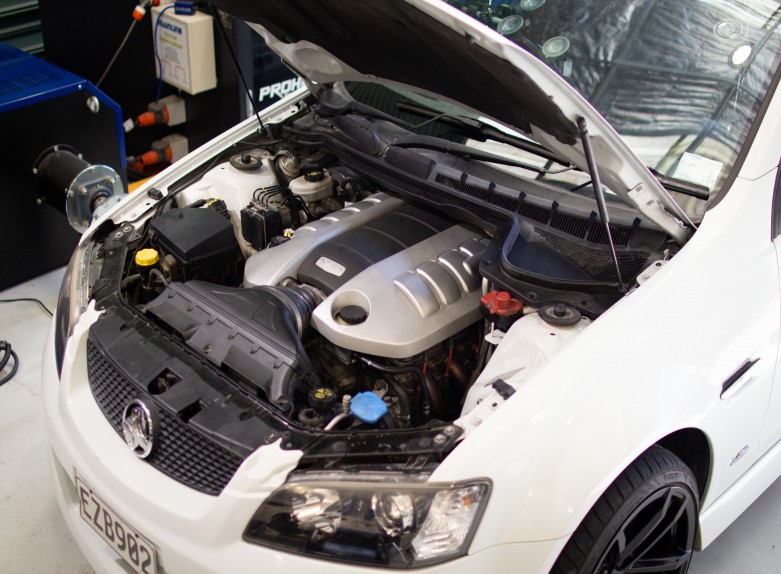
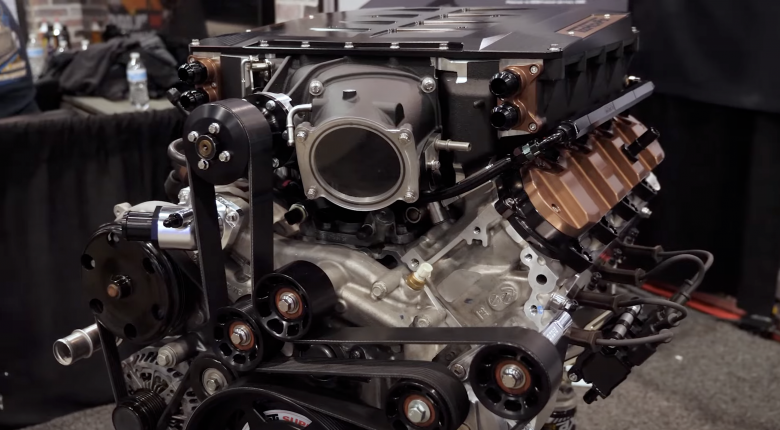
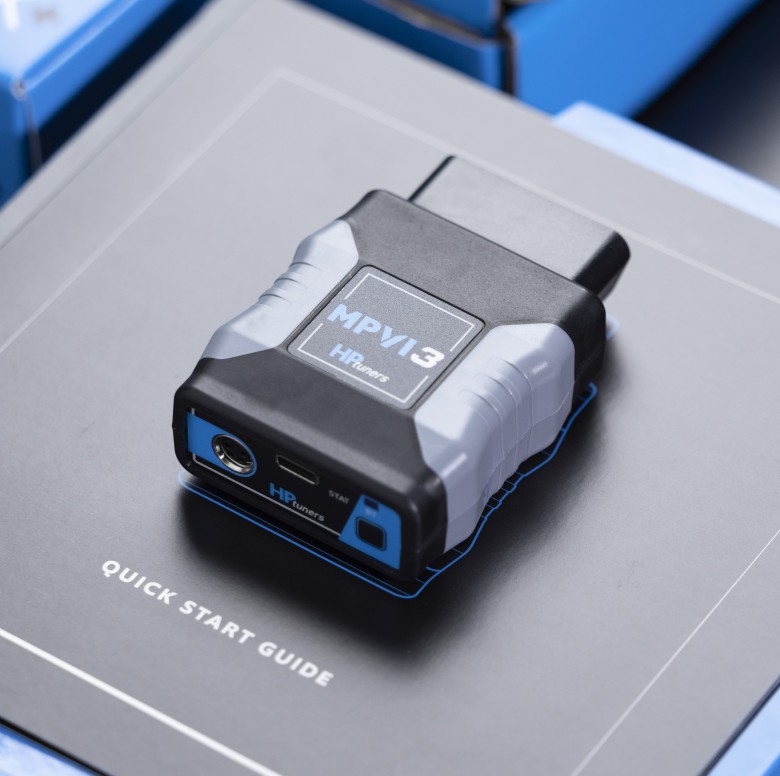
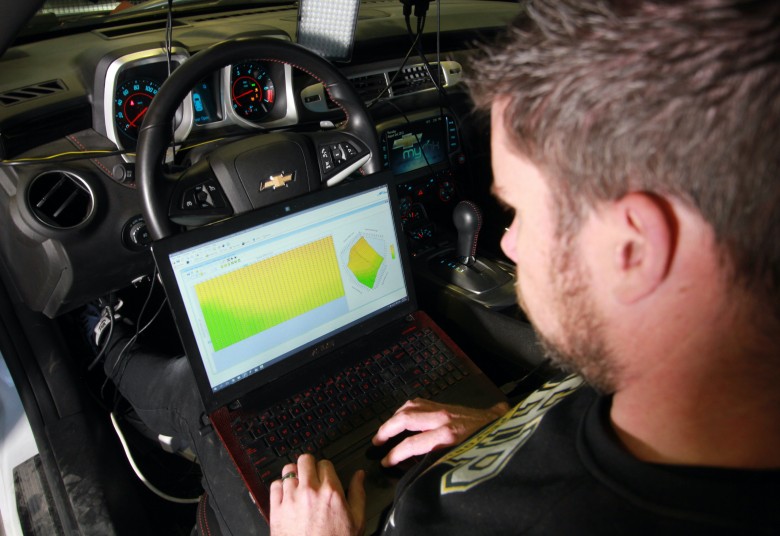



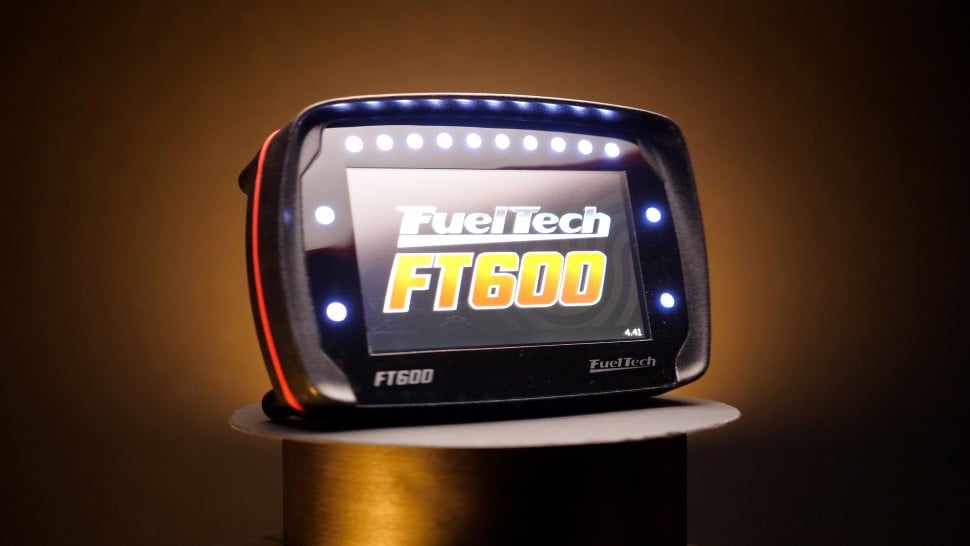


Comments
No one has commented on this page yet.